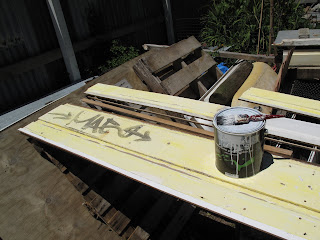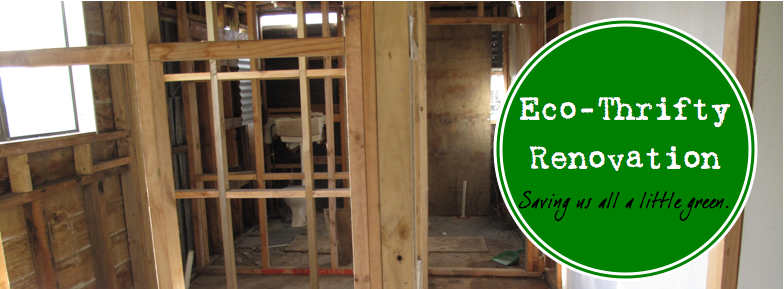I believe that this entry will be of but a slightly different flavor. School has been in session for a little while now and the little house that could has come great distances since the beginning of my stay. And when I mention the house I might also be meaning the inhabitants of the little house that could; for it is inhabitants are as dynamic as the property. I myself have long been removed from the scene of home renovations. The last time I took part in home renovation was over a decade ago and I had little knowledge of what was going on. I was happy swinging hammers and pulling nails. Here, some ten years later, swinging and digging, I have continued to piece together this puzzling world we live in. Living here in Wanganui so far has been awesome. After a long break from team sports I was again reunited with one of my favorite games, well sort of. Saturday softball league is not quite the same as highly competitive division three baseball, but it functions in the same way. A bunch of people get together and face-off for an afternoon of hooting, sliding, diving and the occasional muffed error. I felt a little lost on the tiny field facing pitches that rose rather than came down from the pitcher and at the same time felt once again home on the diamond. The more we build, paint and shift things round the yard of 10 Arawa Pl. the more it is beginning to feel like home.


Inside we have been slowly working on sanding, priming, painting and installing finish wood work. The rather mundane task is far more exciting than normal. Most of the trim pieces are recovered and pre-used. Sanding away the graffiti and rough edges reveals the often beautiful wood which would have otherwise found its way into a landfill. Saving these distressed looking boards and fitting them into their new homes has become very satisfying on many levels. The house becomes more 'finished,' it is cleared of stock piled timber and we are saving timber from trips to the landfill.


Recycling is a nice word, but transforming is a better fit for what we have been doing. Whether is it is once tagged up trim becoming finish trim work, or a garden bed being harvested and top dressed to receive seedlings, life here is often about helping along transformations that will sometime later help out the inhabitants of the little house that could.

We recently took on the task of harvesting broad beans. In this process we were clearing garden space for seedlings which were ready to be planted. Dhal was being slow cooked on the solar cooker, but our Bhutanese meal would not be complete without a healthy portion of cheesy potatoes. Luckily some new season potatoes were ready to be harvested. Taking out potatoes freed up top soil which would go into the bean beds becoming seedling beds and the potato plant was becoming green mulch for other vegetable beds. Many activities that alone seemed very simple and each for its own cause, together became integral for the transformation of multiple spaces in the yard.

Just a few days later I found myself in another yard thats always changing; the softball diamond. It has been more than a year since I have even thought about tossing a ball around the yard let alone getting out in the field to shag fly balls and have crack at the bat. I had a tough time at bat getting hit a couple of times and walked another few times, but I had an amazing day getting sunburnt and hanging out with my new extended northland family. Not much had changed about the game going from baseball to softball, but the way I played the game had changed. I used to be uber competitive out on the diamond and it sort of was not much fun anymore. Saturday out in the field it was all about fun, I could not even tell you the score of any of the three games I took part in. A case study in the transformation of attitude when all that matters are the smiles and the laughs. I continue to look at sports in this new way. People need to lighten up and have a little more fun with their life. No need getting all upset about a few hours of a game. Next week will bring another game and a fresh beginning with more smiles to be shared.

And as we returned home from the play day it was very cool to see the transformations going on at Arawa Pl. The wind netting stretches the whole west side of fence. We fenced in the fruit forest which now houses the ducks who seem very happy with their new habitat. Garden beds have been cleaned of crops and replaced with seedlings . It's the season of change as we move into the summer. However, back home in the states we are changing out of fall and thanksgiving to the snow winter.
We sat down for a little kiwi thanksgiving and talked about all the changes Dani and Nelson had seen take place during the past 12 months. I just thought a bit about their perspective. They had seen the little house that could in the beginning, I have seen the pictures, and it has come very far in 12 months. I have seen the little house that could transform in just a few short busy weeks. At dinner I said I was thankful for how such a dynamic time in my life; full of traveling and unknown destinations could be such tranquil times full of learning and new understandings. School will be in session here in Wanganui for a few more weeks, but for me school will be in session as long as I am amongst people and places like the little house that could, where time facilitates transformations and days are dynamic.

Kadinshe! The Twenty Something




























